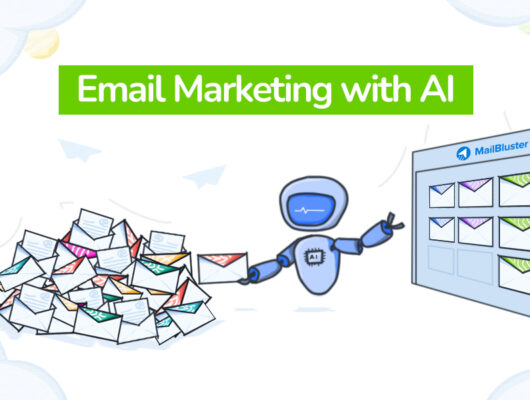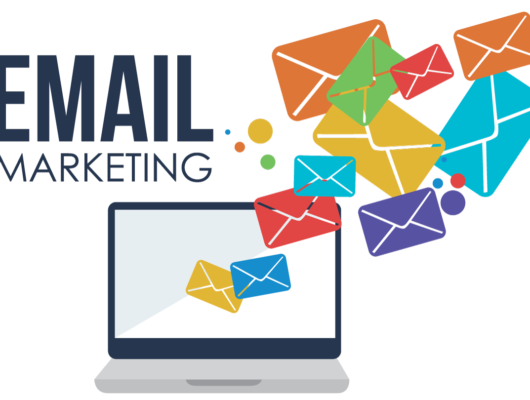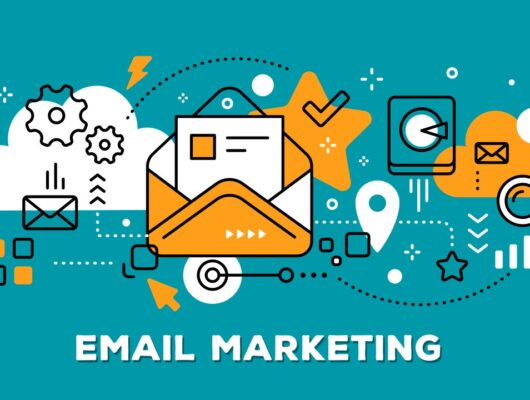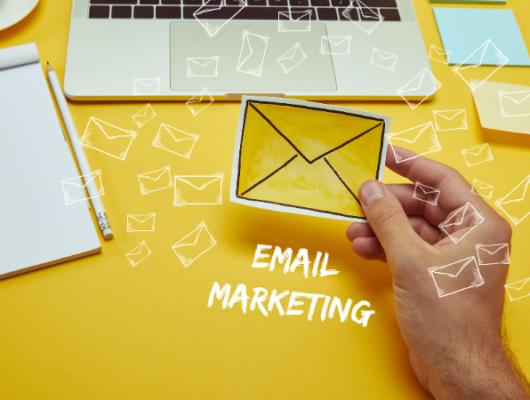Artificial Intelligence (AI) is transforming the landscape of digital marketing, with email marketing at the forefront of this revolution.
By leveraging AI, marketers can automate complex processes, personalize content at scale, and enhance the overall effectiveness of their email campaigns.
This article explores how AI is being utilized in email marketing, highlighting its benefits, applications, and best practices for integrating AI technologies.
1. The Role of AI in Email Marketing
AI in email marketing involves the use of machine learning algorithms, natural language processing, and predictive analytics to optimize and automate email campaigns. The technology helps marketers to understand better and predict customer behavior, enabling more targeted and effective communications.
2. Benefits of AI in Email Marketing
Integrating AI into email marketing strategies offers numerous advantages:
- Enhanced Personalization: AI analyzes customer data to craft personalized messages based on individual preferences, past behaviors, and purchase history.
- Optimized Send Times: AI tools can predict the best times to send emails to maximize open and click-through rates.
- Improved Content Relevance: Through natural language processing, AI can create content that is not only relevant but also engaging to the reader.
- Efficient Segmentation: AI automates the segmentation process, grouping customers based on nuanced behaviors and detailed demographics.
- Predictive Analytics: AI forecasts future customer behaviors, helping marketers to proactively adjust their strategies.
3. Applications of AI in Email Marketing
AI can be applied in several practical ways within email marketing campaigns:
- Predictive Personalization: Using customer data to predict future needs and preferences, then crafting emails tailored to those predictions.
- Automated Content Generation: AI tools generate text for emails based on the campaign’s goals and the audience’s interests.
- A/B Testing Automation: AI automates the testing of different email elements, quickly identifying the most effective versions.
- Customer Sentiment Analysis: Analyzing responses to emails and adjusting the tone and content accordingly.
- Churn Prediction: Identifying which customers are likely to disengage and initiating preemptive actions to re-engage them.
4. Best Practices for Using AI in Email Marketing
To effectively integrate AI into your email marketing, consider the following best practices:
- Start with Clear Objectives: Define what you want to achieve with AI in your email campaigns (e.g., increase open rates, improve customer retention).
- Choose the Right Tools: Select AI tools that align with your marketing objectives and integrate seamlessly with your existing email platform.
- Maintain Data Quality: Ensure that the data fed into AI systems is accurate and up-to-date to produce reliable insights.
- Monitor and Adjust: Regularly review the performance of AI-driven campaigns and make adjustments based on outcomes.
- Stay Ethical: Use AI responsibly, ensuring transparency and maintaining customer privacy.
5. Future of AI in Email Marketing
As AI technology continues to evolve, its impact on email marketing is expected to grow. Future advancements might include more sophisticated natural language capabilities, deeper integration with other marketing channels, and enhanced predictive models that further personalize the customer journey.
Conclusion
AI is rapidly becoming an indispensable tool in email marketing, offering capabilities that enhance engagement, improve efficiency, and drive conversions.
By embracing AI, marketers can not only keep pace with current trends but also anticipate the needs of their customers, delivering content that is both timely and highly relevant.
As the technology advances, the scope and effectiveness of AI-driven email marketing are set to increase, promising exciting opportunities for businesses looking to optimize their digital marketing strategies.







